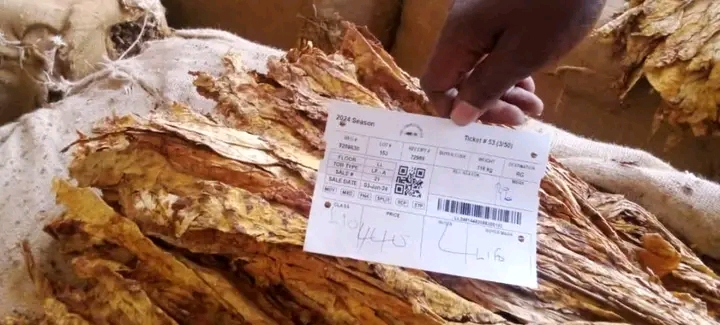By Suleman Chitera
The International Monetary Fund (IMF) has delivered a stark warning about Malawi’s deteriorating economic situation, citing spiraling inflation, rising public debt, and a critical shortage of foreign exchange reserves.
In a statement released on Tuesday, the IMF confirmed that its Extended Credit Facility (ECF) arrangement with Malawi was terminated in May after failing to complete even a single performance review. This means the country has effectively been cut off from additional IMF funding, dealing a heavy blow to its already fragile economy.
According to the IMF Executive Board’s latest assessment, Malawi’s growth trajectory has slowed considerably. Inflation remains alarmingly high at 27.7 percent, squeezing household incomes and deepening poverty. Meanwhile, the country’s public debt has ballooned to 88 percent of its GDP, raising serious concerns about fiscal sustainability.
Compounding these challenges is the country’s fixed exchange rate regime, which the IMF says is putting further strain on the economy. Foreign exchange reserves have dwindled to critically low levels—enough to cover less than one week of imports—hampering the country’s ability to pay for essential goods such as fuel, medicine, and agricultural inputs.
The IMF’s assessment paints a sobering picture: “Malawi is facing significant macroeconomic challenges. Without urgent and credible reforms, the economic situation could worsen further,” the statement reads.
In its recommendations, the IMF has urged the Malawian government to:
- Boost domestic revenue by improving tax collection and widening the tax base;
- Trim non-essential public spending to ease fiscal pressure;
- Adopt a more flexible exchange rate system to help restore external balance;
- Enhance debt transparency and management to avoid unsustainable borrowing;
- Strengthen governance and anti-corruption efforts, particularly in public procurement and financial reporting.
The termination of the ECF arrangement is a major setback for Malawi, which had hoped to leverage IMF backing to unlock additional support from international donors and creditors. With that pathway now closed, the country faces an uphill battle to restore confidence in its economy and attract new investment.
Local economists have described the development as a wake-up call. “This is a critical moment for Malawi. Without immediate corrective action, we risk sliding into deeper economic turmoil,” said one Lilongwe-based analyst.
As the country heads into the second half of 2025, all eyes will be on the government’s next moves—whether it will rise to the challenge and initiate bold reforms, or allow the crisis to deepen further.




